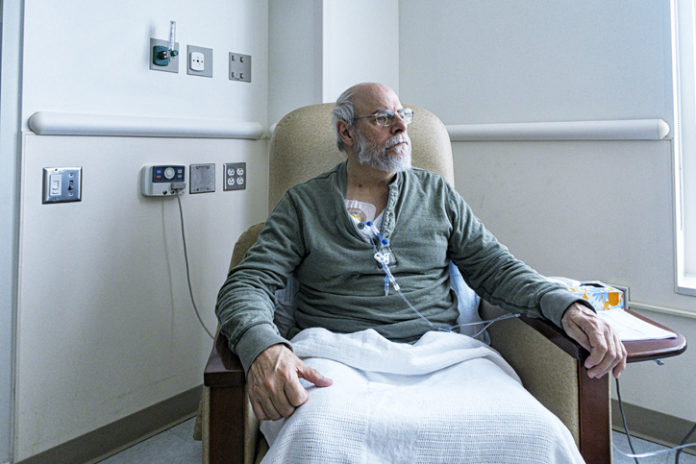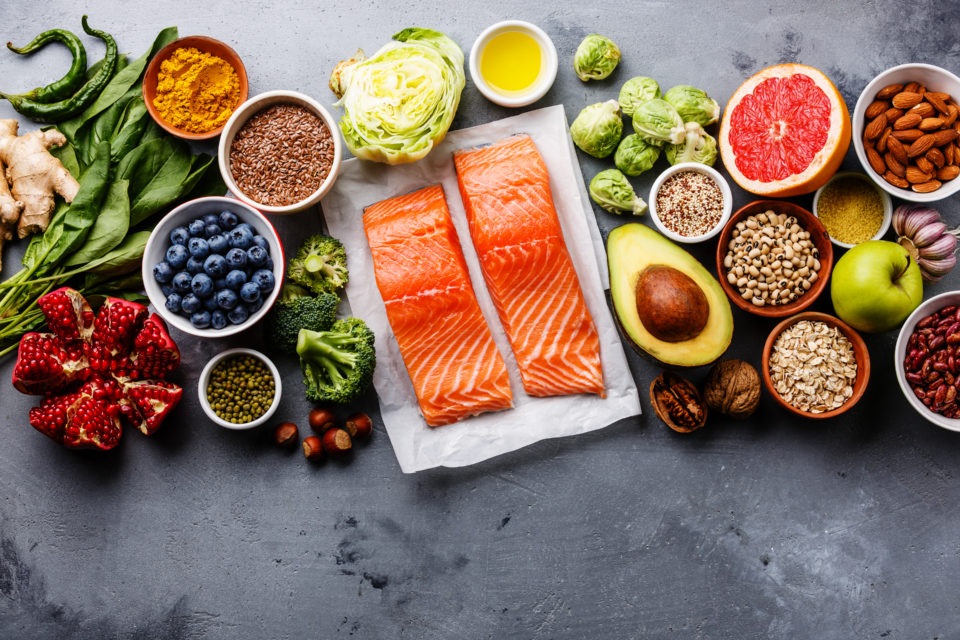A study reported that gut microbiota dysbiosis appears to play a relevant role in the development of the main inflammatory bowel disease (IBD) subtypes, ulcerative colitis (UC) and Crohn’s Disease (CD). “A cluster of Enterobacteriaceae was linked to Crohn’s disease,” noted the investigators, who further theorized that “this cluster, which contains members known to disrupt colonization resistance and form biofilms, persists during quiescence and can lead to chronic inflammation.”
Notably, the authors found that the microbiota of patients with IBD remained significantly altered, even during remission. The article added that “flavonoid-degrading bacteria were also associated with IBD, raising the possibility that modification of dietary flavonoids might induce and maintain remission in IBD.”
These findings were based on a study of 98 patients with IBD in clinical remission (UC = 66; CD = 32) and 97 healthy controls. Stool samples were collected and the investigators performed DNA analyses on the V1 and V2 regions of the 16S rRNA gene.
Reportedly, patients with IBD had decreased alpha diversity compared with controls, and the 2 groups demonstrated “dissimilarity” in beta diversity measures. Healthy controls’ microbiota were associated with the beneficial bacteria species Akkermansia uncl., Oscillibacter uncl., and Coprococcus uncl., while patients with IBD were associated with flavonoid-degrading bacteria. After additional analysis, the authors identified a group of Enterobacteriaceae which “could act as drivers for residual inflammatory processes sustaining and triggering IBD, even in a state of low disease activity.”
In closing, the researchers backed the association between the gut microbiota and IBD development, and they highlighted the persistent dysbiosis in remission, “further supporting the notion of long-lasting dysbiotic patterns supporting and maintaining inflammation and chronicity in IBD.”
Source: https://journals.asm.org/doi/10.1128/spectrum.00616-22









